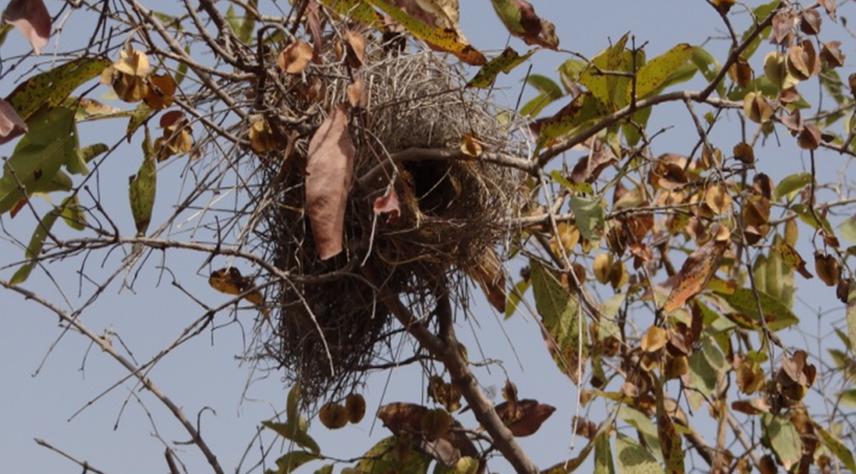Rahila Meribah Yilangai
Other projects
23 May 2014
Plant Species Diversity, Composition and Structure of a Savannah Woodland in North-Eastern Nigeria
To investigate the effect of degradation on avian species composition as well as build capacity among high school students for conservation of Tula woodland

As a result of anthropogenic activities in Nigeria, only protected reserves and areas rendered inaccessible to humans by difficult terrain harbour the remains of our natural habitats. Tula Mountains Woodland (TMW) is one of the few places that habour remains of the Gombe guinea savannah vegetation. Due to its rocky terrain, pressures from farming activities have been minimal. However, other activities such as logging, grazing and firewood collection are intensive around the woodland. These mountains being one of the least disturbed environments in the locality could be serving as a refuge to many species that have lost their habitats in areas that are mostly affected by anthropogenic activities. The TMW harbours over 130 plant species and a potential habitat for large community of birds. A baseline data on plant species and vegetation structure of Tula TMW have been documented. A report on this has been submitted to Local Government Agency and stakeholders to work towards developing informed management strategies for designating TMW as a nature reserve. To further buttress our appeal aforementioned to stakeholders, a second phase of this project aimed at determining the effect of habitat degradation on bird species diversity and abundance have been designed. The study on effect of habitat degradation on avian species composition in addition to Net Difference Vegetation Index (NDVI) analysis will help in understanding the impact of human-induced landscapes on avian species population and rate of habitat degradation over time. The survey will provide baseline data on bird species found within the TMW, and information gathered from here will be useful for long term monitoring of bird populations and habitat quality of TMW. Data obtained from this project will be shared with Global Bird Databases such as "The World Bird Database- Avibase" and "British Trust for Ornithology (BTO) Bird track".
This research will also provide a useful data for the Nigerian Bird Atlas project embarked by A. P. Leventis Ornithological Research Institute (APLORI) which aims at tracking bird species distribution across the country. Conservation activities will involve establishment of environmental clubs in the 3 secondary schools around TMW to develop in the young generation a mindset of environmental responsibility and stewardship.